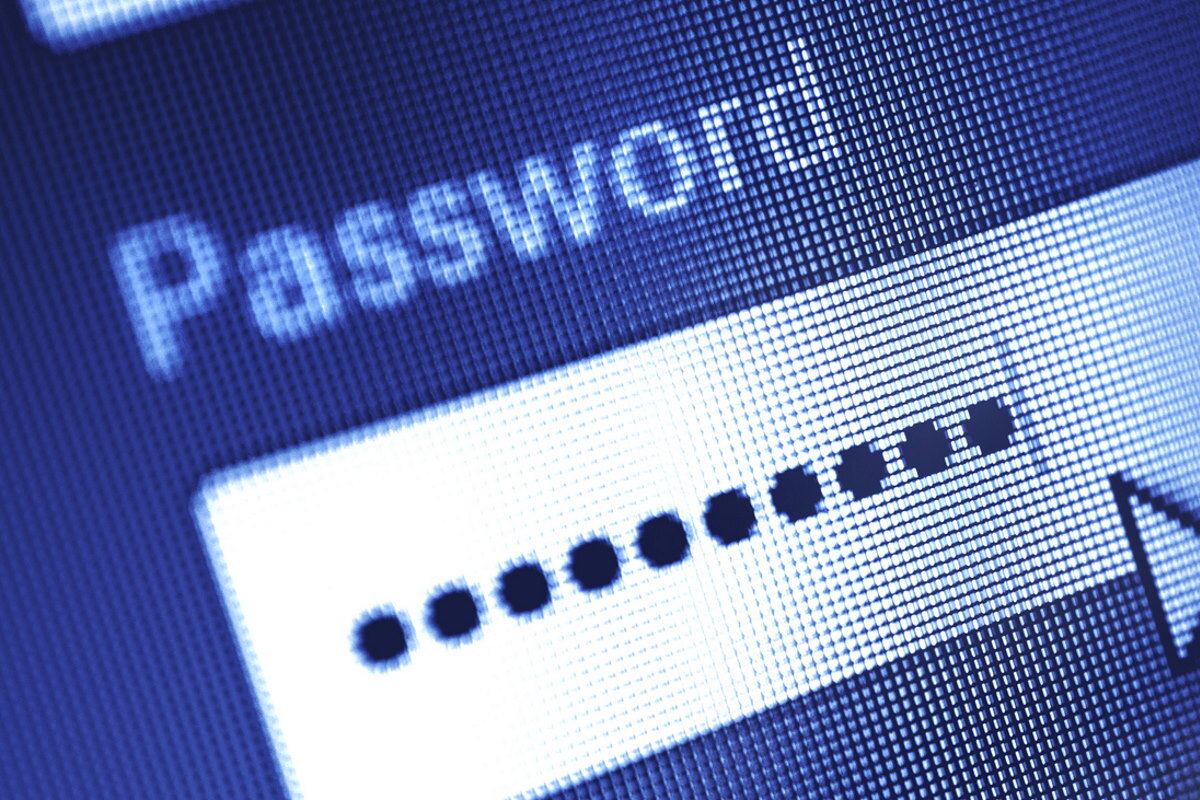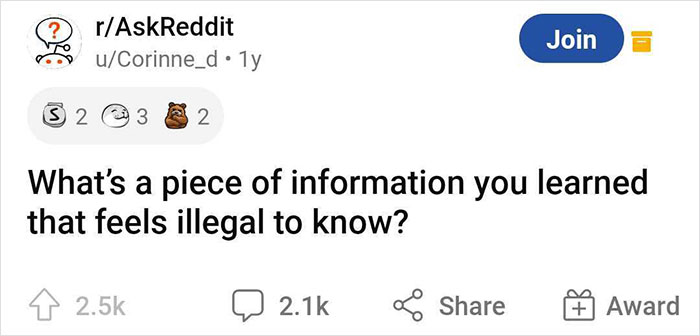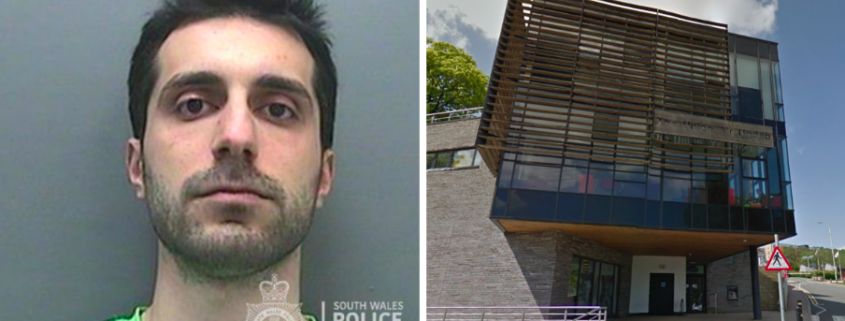Henderson County elections director answers if it is possible to hack local voting machines
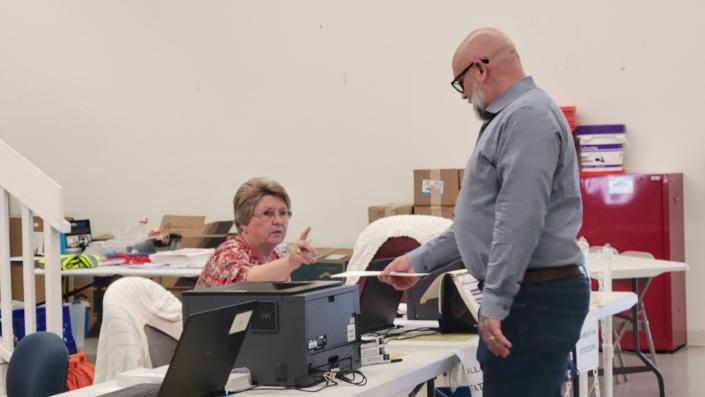
Henderson County Elections Director Karen Hebb discussed with the board of commissioners Monday night whether or not it is possible to hack local voting machines.
Chair Bill Lapsley said the commissioners have been asked about whether or not hacking the machines is possible. At the beginning of the commissioners’ meeting, Henderson County resident Karl Gessler called the election machines untrustworthy and said recent elections have been rigged. He requested that the commissioners “not pay for election-rigging machines.”
“One of the questions that we get asked on occasion is does our elections board staff check to make sure no one is hacking into our election machines,” Lapsley said to Hebb. “That to me is a very serious insinuation, and I would like to hear from you that you are aware of that charge and that you do whatever is necessary to make sure that doesn’t happen.”
“First off, there is no way to hack into our machines,” Hebb said. “There is no modem, there is no way that you can access the machine.”
“Once the machine reads the ballot, it stores the information on a thumb drive. We take that thumb drive out after the polls are closed and upload to a computer that has never been hooked to the internet. The information is then placed on another thumb drive that is taken to a separate computer and uploaded to the state and then that thumb drive is never used again,” she said.
“So, there is no way that anyone can get into our machines or get into our coding because it is never hooked to the internet, and there is no way it can be hacked,” according to the elections director.
“We keep all of our machines in a locked cage… we have a lock that is accessed with your thumb, so only employees are able to come into where our machines are kept; our programming room is always locked when we are not using it, so we try everything we can to make sure there is double security as far as the machines go and it cannot be accessed,” said Hebb.
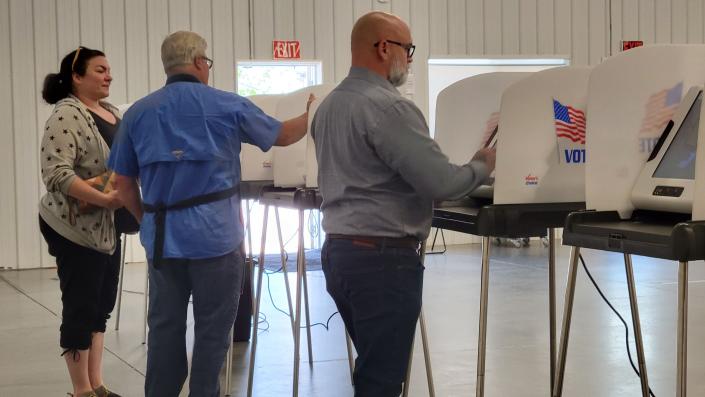
Vice Chair Rebecca McCall asked Hebb if random audits, such as hand counts…

